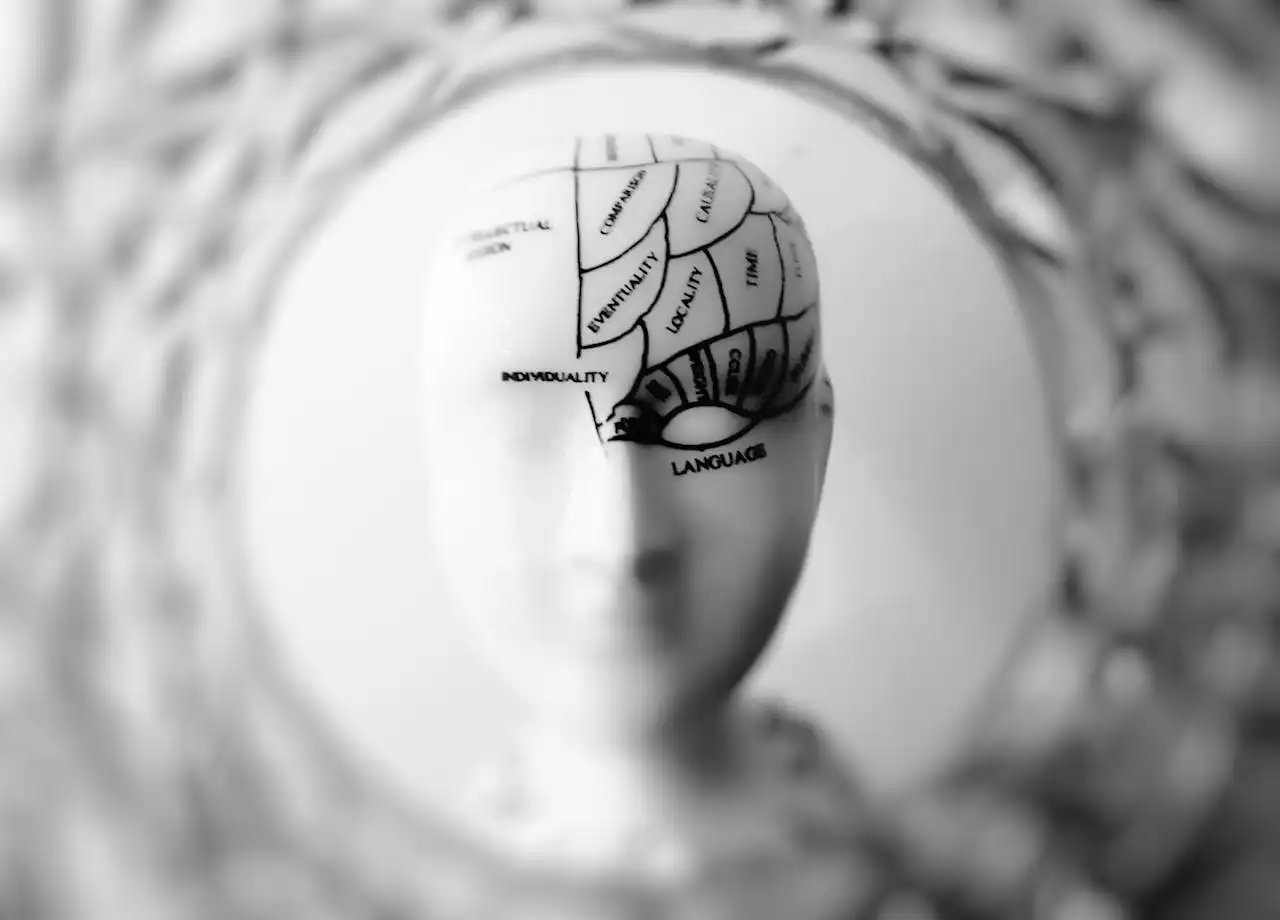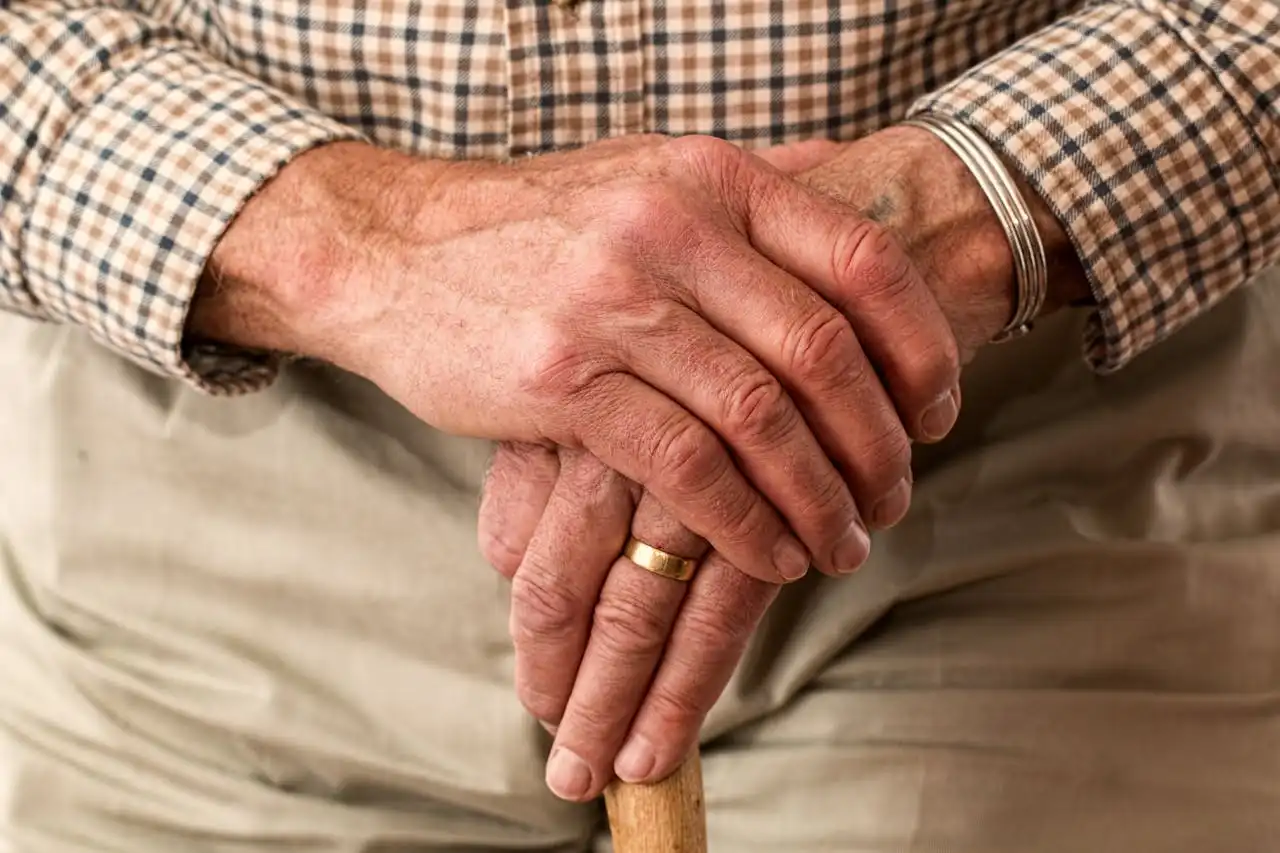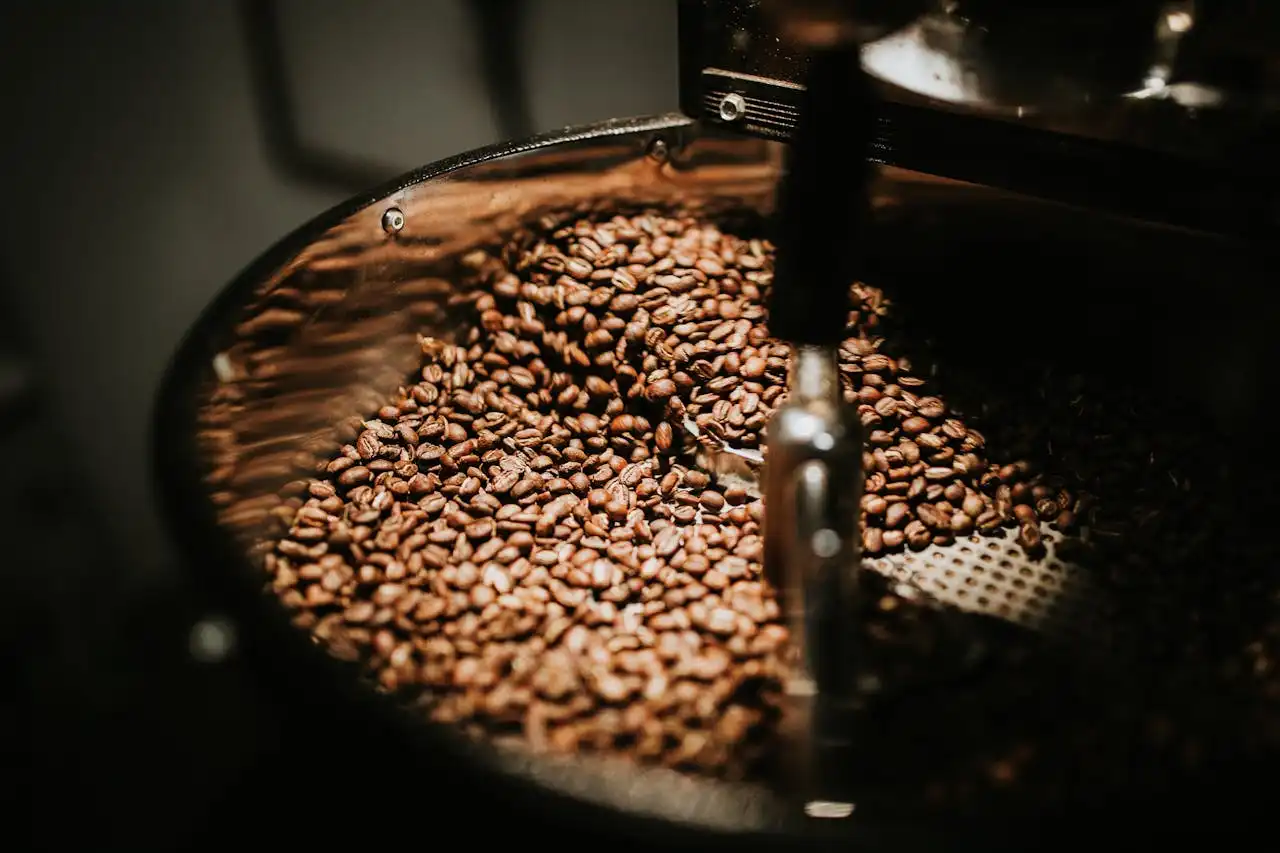Burn Fat and Boost Energy: How Coffee Supports Your Fitness Goals
Muhe - Tuesday, 15 July 2025 | 10:00 AM (WIB)


The Caffeine Kickstart: Your Body's Wake-Up Call
At the heart of coffee’s magic, of course, is caffeine. This natural stimulant isn't just a simple pick-me-up; it's a shrewd operator in your body's complex biochemical symphony. When you sip that coffee, caffeine quickly gets to work, making its way into your bloodstream and heading straight for your brain. Its primary trick? Blocking adenosine, a neurotransmitter that makes you feel tired and sleepy. Think of adenosine as the "slow down" signal; caffeine silences it, allowing other "go-go-go" neurotransmitters like dopamine and norepinephrine to have their moment in the sun. But it doesn't stop there. This blockage of adenosine also triggers the release of adrenaline, that good old "fight or flight" hormone. Now, before you start picturing yourself outrunning a bear, understand that in this context, it's a much milder, yet highly effective, release. This adrenaline rush primes your body for physical exertion, sharpening your focus, and making you feel more alert and less fatigued. It's like your internal battery just got a supercharge, ready to tackle whatever the day, or the gym, throws at you.Beyond the Buzz: Energy for Your Workouts
So, you're feeling more awake, more alert. Great for that Monday morning meeting, right? But how does this translate to crushing your fitness goals? Plenty, as it turns out. That caffeine-induced surge in adrenaline and neural activity means your body is essentially "waking up" your muscles. Studies have repeatedly shown that caffeine can significantly enhance physical performance, particularly in endurance activities like running or cycling, but also in strength training. Why? For one, it reduces your perception of effort. That tough set of squats or that last mile on the treadmill might *feel* a little easier, allowing you to push harder and longer than you otherwise might. It's like having a mental cheerleader whispering encouragement in your ear. Plus, with increased focus and concentration, you're more likely to maintain proper form and stay "in the zone" during your workout, maximizing every rep and every stride. It’s genuinely a game-changer for those days when you just feel a bit "meh" about hitting the gym.Tapping into Fat Stores: The Metabolic Marvel
Now, let's talk about the real juicy part: fat burning. This is where coffee truly shines as a fitness ally. Caffeine has a well-documented ability to boost your metabolic rate. This means your body starts burning more calories at rest, which is pretty neat. But more importantly, it promotes lipolysis – the breakdown of fat cells. Essentially, caffeine encourages your body to release fatty acids from your fat tissues and make them available for energy. Think of it like this: your body has two main fuel tanks – carbohydrates (glycogen) and fats. When you exercise, your body typically reaches for carbs first. But with caffeine on board, your body becomes more efficient at using fat as fuel, especially during lower-intensity, longer-duration activities. This means you can preserve your precious glycogen stores, delaying fatigue and allowing you to go further. For anyone eyeing those stubborn love handles, this is music to the ears. It’s not some mystical elixir, mind you; it’s about making your body a more efficient fat-burning machine, especially when paired with consistent exercise.The "When" and "How Much": Brewing Success Responsibly
Like any good ally, coffee works best when used strategically. For fitness purposes, timing is everything. Most experts suggest consuming coffee about 30 to 60 minutes before your workout. This gives the caffeine ample time to be absorbed and start working its magic. As for how much? That's a bit more personal. Everyone's caffeine tolerance is different. A good starting point is around 3-6 mg of caffeine per kilogram of body weight. For most people, this translates to one or two standard cups of coffee. More isn't always better; too much can lead to jitters, anxiety, and an upset stomach – definitely not ideal for a productive workout! And here’s a crucial tip: keep it black. Adding heaps of sugar, cream, or flavored syrups can quickly negate any fat-burning benefits by introducing unnecessary calories and blood sugar spikes. Black coffee, or with a splash of unsweetened almond milk if you must, is the real MVP here. Oh, and don't forget the good old H2O. Coffee is a diuretic, so remember to hydrate sufficiently before, during, and after your workout.More Than Just Caffeine: Antioxidants and Overall Health
While caffeine often takes center stage, coffee offers more to the health party. It’s packed with antioxidants, those amazing compounds that fight off harmful free radicals in your body. We're talking about things like polyphenols and chlorogenic acids, which have been linked to reduced inflammation and a lower risk of several chronic diseases. So, while you're getting that fat-burning, energy-boosting kick, you're also giving your body a dose of protective goodness. It's a win-win, really. And let's be honest, there's a certain mood-lifting quality to coffee that can't be understated. Feeling good mentally often translates to better motivation and consistency with your fitness routine. It's not just about the physical push; it's about that holistic sense of well-being that makes you want to get up and move. Sometimes, that little mental nudge is all you need to lace up your sneakers and conquer your goals.Important Caveats: It's Not a Magic Bullet
Now, before you go chugging down a gallon of espresso and expecting instant six-pack abs, a dose of reality is in order. Coffee is a fantastic *tool* and *ally*, but it's not a magic bullet. The fundamentals of fitness remain unchanged: a balanced, nutritious diet (think whole foods, lean proteins, lots of veggies), consistent exercise (a mix of cardio and strength training), and adequate sleep are the bedrock of any successful fat loss and energy boosting strategy. Coffee can enhance these efforts, making them feel more manageable and effective, but it can't replace them. Listen to your body; if caffeine makes you feel anxious, ruins your sleep, or gives you an upset stomach, then it might not be the best pre-workout for you. Everyone is different, and what works wonders for one person might not be suitable for another. Moderation and personal awareness are key. So, the next time you reach for that steaming mug, remember: you’re not just brewing a beverage; you're concocting a potent potion that can help you incinerate fat, surge with energy, and crush your fitness goals. Enjoy it, use it wisely, and let your daily brew be a powerful, aromatic step on your journey to a healthier, more energetic you. Here’s to strong coffee and even stronger workouts!
How to Relax Your Mind During the Weekend
6 months ago

ChatGPT's Compassionate Turn: How AI Is Learning to Handle Mental Health Crises Better
6 months ago

Coffee vs. Tea: The Morning Brew Showdown That's More Than Just a Cuppa
6 months ago

Cracking the Code: Your Guide to Taming Those Beastly Migraines
6 months ago

Fuel Your Supercomputer: Five Foods That Will Level Up Your Brainpower
6 months ago

Unlocking Your Inner Shield: Five Veggies That Are Basically Superheroes for Your Immune System
6 months ago

Your Secret Weapon for Weight Loss? It's As Simple As Putting One Foot in Front of the Other
6 months ago

Forever Young: The Secret to a Glowing, Timeless Life
6 months ago

Your Gut Feeling is Right: How to Feed Your Inner Universe for a Happier, Healthier You
6 months ago

Navigating Your Daily Grind: When Does Your Coffee Habit Cross the Line?
6 months ago
